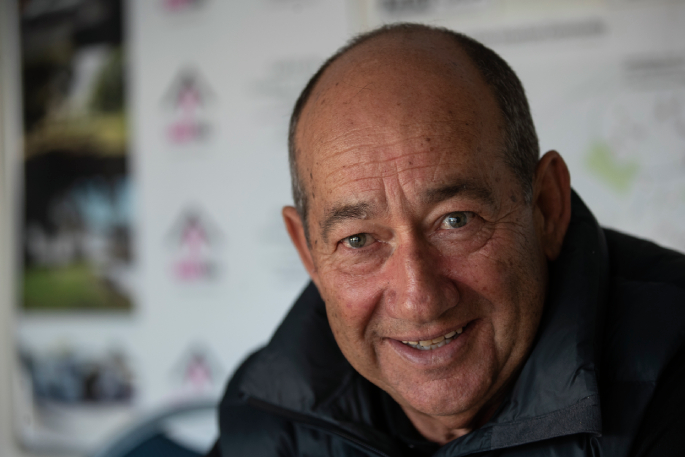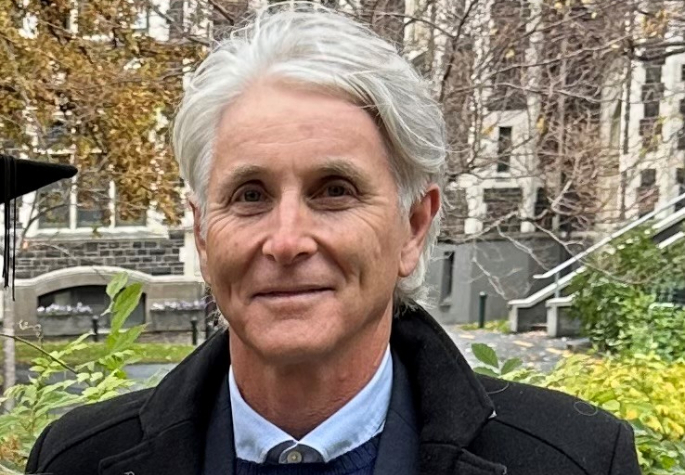With concerns mounting over the escalating methamphetamine crisis in the Western Bay of Plenty, health advocates are rallying the community for a crucial discussion set to take place this Sunday, May 26.
Community connector Tommy Wilson is spearheading efforts to establish a residential rehabilitation unit in the Western BOP, aiming to shift the narrative around meth addiction from a criminal issue to a medical one.
Highlighting alarming statistics derived from wastewater testing, Tommy underscores the urgent need for action is what he says is a “meth pandemic”.
Scheduled to begin 4pm on May 26 at Tutereinga Marae, Te Puna, the meeting seeks to galvanise community support and explore sustainable solutions to combat the pervasive impact of methamphetamine addiction.
“We are trying to help the families who have children and grandchildren affected by methamphetamine addiction,” says Tommy.
He says the format of the meeting on Sunday will provide opportunity for families affected by methamphetamine to ask questions of a panel.
“Hamner Clinic’s CEO Sue Hancock, Hamner Clinic founder David Benton, Dr Tony Farrell, ex-addicts, police and iwi leaders will form the panel.”
Dr Farrell, a Mount Maunganui GP specialising in addiction medicine, emphasises the ripple effects of addiction on families and the strain it places on existing healthcare services.
Support, not scorn
With 30 years of GP experience, and a Fellowship of Addiction Medicine since 2003, he brings a great deal of knowledge and focus around healthcare to the meeting.
“It goes way back to when I was a young GP and thought taking a history of someone’s drug taking would be helpful to their ongoing care,” says Tony.
“You start to see that this is a chronic disease and that it can be manageable.
"People need support, not scorn.”
During his early years as a GP Tony started providing methadone services for opioid-dependent people who had opoid and other addictions.
“I kept coming across people with alcohol dependence as well as people with methamphetamine dependence and abuse.”
On becoming a trustee of Hamner Clinic, he’s worked closely with the clinic’s founder David on developing a responsive service for people with addiction problems.
“People would present and I could sort out the medical side and refer them to David who could help with other areas of depression, and provide social support for people, such as with WINZ.
"Hamner could get in behind them and support them so they could function.”
Triage centre
He welcomes Tommy’s idea to set up a triage centre for families affected by loved ones addicted to meth.
 Tommy Wilson. Photo: John Borren.
Tommy Wilson. Photo: John Borren.
“A lot of meth addicts don’t need hospitalisation but need a period of support to calm them down.
"Somewhere they can get sleep, help for staying off drugs, and have stresses taken off them like unsavoury characters wanting money off them,” says Tony.
“Support in the community is sparse.
"If someone has an addiction to something it usually affects between seven to 10 people adversely.”
Tommy says the families are on their own “and this crisis is much more widespread than they might realise”.
“The hui is about working together on solutions.
"We can’t keep leaving it to police and hospitals.”
He says the community is capable of anything if it comes together.
As the Sunday meeting aims to foster collaboration and advocate for increased funding for addiction services, Tommy plans to establish the Te Puna Tūmanako Trust, which means ‘spring’ or ‘fountain of hope’.
In partnership with local Māori iwi and trusts, with support from police and government, Tommy aims to put together a programme that offers a beacon of hope for families grappling with the devastating effects of methamphetamine use.
The hui will be held at Tutereinga Marae at 4pm, Sunday May 26.

